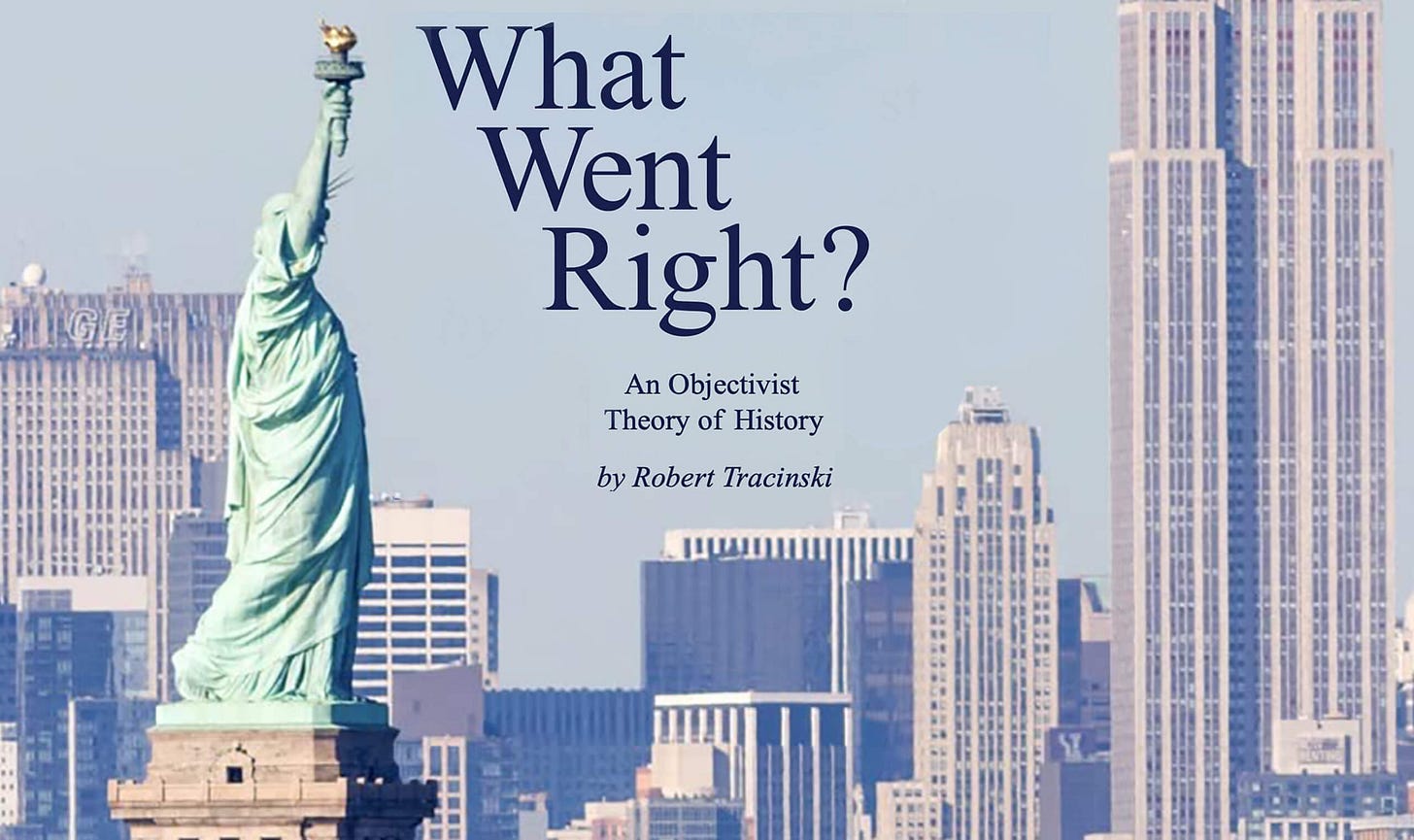Charlottesville, VA: TPC Books, 2022
124 pp. $14.95 (paperback)
Every thinking man who does honest work in his own field is our ally and is helping to move civilization forward (28).
“Who sets the tone of a culture?,” asked Ayn Rand. “A small handful of men: the philosophers.” Philosophers provide answers to fundamental questions about the nature of the wo…



